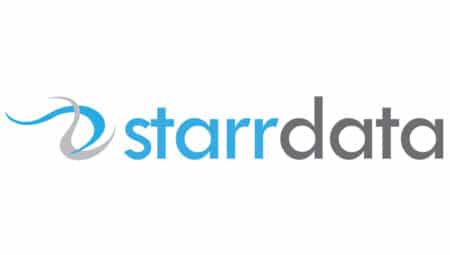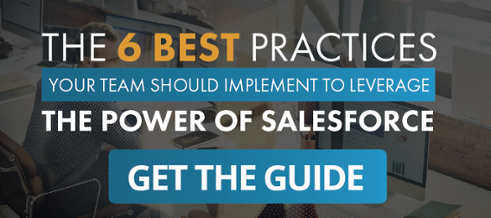Understanding which Salesforce product and user license combination to purchase can be tough to navigate. In addition to combing through the various Salesforce Editions (Essentials, Professional, Enterprise, Unlimited, and Developer), Salesforce platform purchasers also need to choose the correct solution or “cloud” that best fits their business needs.
On top of Editions, choosing between Small Business, Sales, Service, Marketing, and Commerce Clouds (just to name a few product options) can be extremely confusing and costly if not selected correctly.

Why would I purchase a Salesforce Service Cloud license instead of a Salesforce Sales Cloud license? Salesforce Service Cloud is a great fit for your company when you need advanced, cloud-based customer support and service tools to truly delight your customers. Some highlights of these tools companies frequently leverage include:
- Case Management
- Internal Collaboration Tools (Chatter)
- Knowledge
- Service Contracts and Entitlements
- Telephony Integration (CTI)
When purchasing Salesforce Service Cloud licenses, the same principles apply as they do when purchasing user licenses for other Salesforce clouds: if you are not sure which Edition you’ll need right away, always start with the lower-cost Edition. Salesforce will allow you to upgrade to a more expensive Edition at any time, but unfortunately, you can only downgrade to a less expensive Edition when your contract renews. Starting with Service Cloud Essentials or Service Cloud Professional Editions and working your way up may make the most sense for your business and budget.
As a Salesforce.com Partner, we are often asked if a company can have Sales Cloud licenses and Service Cloud licenses within the same company. The answer is YES.
While you can use multiple clouds or products within the same Edition level, unfortunately, you are not able to mix/match Edition levels within the same organization. For example, if one person wants to use Salesforce Sales Cloud Enterprise Edition, then everyone in the company needs to be on Salesforce Enterprise Edition, even if other users are using Service Cloud. The exception to this is users who do not need full access to CRM custom objects in Salesforce and could use Lightning Platform licenses to significantly reduce costs. Lightning Platform licenses can be mixed with different Salesforce Editions in the same company.
For information about how Lightning Platform licenses are related to Salesforce license types, see our blog post on Optimize Salesforce License Types and Increase Your Use of Salesforce.
Interested in finding out how StarrData can help you get the most out of Salesforce, contact us today and learn more.


